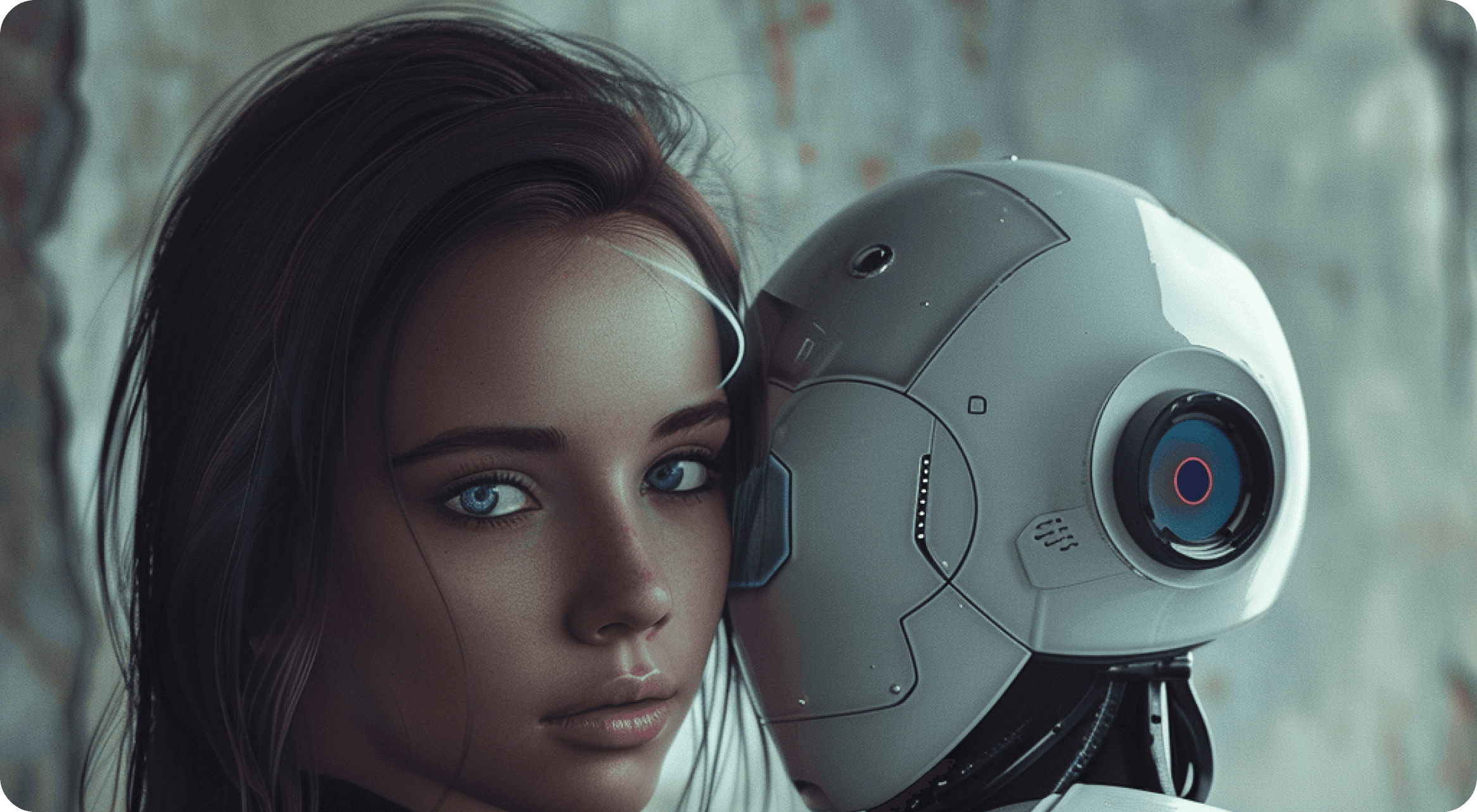Ever wonder who are the MILLIONS of users out there using AI companions? What caused them to get an AI companion? And how did the AI relationship go? We decided to go find out by analyzing 100+ PUBLIC testimonials (from Reddit, Google, etc.) of these relationships and give you the insights.
There's a common misconception that only lonely men use AI companions. This is absolutely FALSE. In fact, our analysis showed a wide spectrum of profiles of users, from the old married man to a middle aged woman to young gamer guys and gals and MORE! One example is a bisexual woman uses it to augment her marriage with her man.

Although the exact situation varied (divorce, breakup, can't find dates, seeking more in a relationship), the common reasons for using AI bots are loneliness and/or escapism. Some users have someone but are not getting enough emotional support. Others do not have someone in their lives they can reliably talk to, whether as a friend or as a romantic partner.
For example, one young man hasn't had success in his dating life so resorts to an AI girlfriend to provide emotional support. Later on he was able to move back in the in-real-life dating world and find a girlfriend. Another example is a middle aged man whose wife is having post partum depression so he uses an AI companion to satisfy his emotional needs. His wife actually okays it because she understands she is not fulfilling her husband's needs.
Contrary to popular opinion, most AI companion relationships end VERY positively for all parties involved. And we found the negatives oftentimes mentioned in press (i.e., discouraging real human connections) happen very infrequently. The most common outcome is the AI companion acts as a "bridge" for the user during a low-ish period in their lives (divorce, breakup, etc.) and lightens the mood and gives him/her more confidence to go tackle life. It basically acts like a 24/7 more personalized therapy session!
Users consistently loved the non-judgmental listening, personalized interaction, and customizability of the AI bots. Because this is often something they lack in the real world, the bots lift them up.
That said, there is still a pervasive negative connotation of AI companions. Users who openly talk about it (to friends, the public) typically get looked down upon. But if personal joy is achieved, is it only a matter of time until public perception changes?